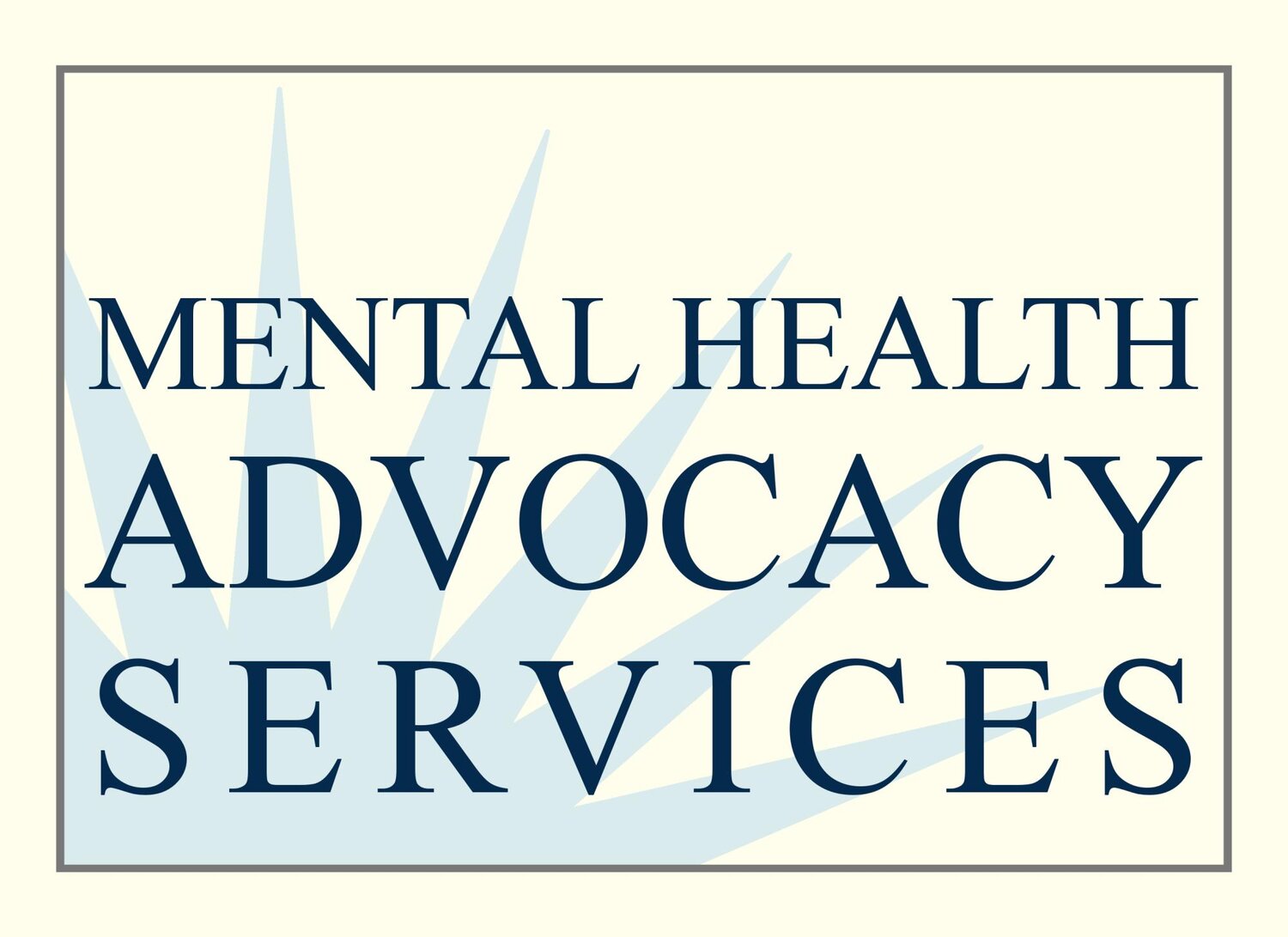National Center for Medical-Legal Partnership, Annual Summit: Part I
by Eliza SchaflerEliza Schafler is an MHAS Equal Justice Works Fellow sponsored by Greenberg Traurig, LLP.
 Happy Thursday, MHAS Blog readers. Though I usually post on Tuesdays, I’ve been absent for a good reason: I just returned from the 2014 Annual Summit of the National Center for Medical-Legal Partnership in Seattle, Washington. Our Behavioral Health-Legal Partnership (BeHeLP) sent two representatives to the Summit: myself and Maudi De Jesus, Director of the Hathaway-Sycamores Family Resource Center, our BeHeLP on-site location. We were proud to represent BeHeLP not only as participants, but as speakers in our own panel discussion on behavioral health.This Annual Summit was a chance for advocates and health providers around the United States who work in medical-legal partnership (MLP) to share stories and numbers, discuss common challenges, and plan for the future as an interdisciplinary community. It was a tremendous opportunity; because I want to do it justice, I will focus this post on our own panel discussion, and I will use Tuesday’s post to share additional reflections.Our panel at the Summit was entitled, “A Natural Fit and a Sound Investment: Behavioral Health and MLP.” It featured myself and Maudi De Jesus as representatives from BeHeLP, along with an attorney and mental health provider who have created a wonderfully successful behavioral health-legal partnership in Indiana: Jay Chaudhary, Esq. and Margie Payne, CEO of Midtown Mental Health Center.The goal of our discussion was simple: introduce the idea of behavioral health-legal partnership to the MLP community. Why start with a simple introduction? Because hardly anybody is doing this work. BeHeLP may be the only MLP in the country focused exclusively on outpatient children’s mental health, while Midtown is among a handful focused solely on outpatient adult mental health.We also shared some of the reasons we believe mental health services and legal assistance are a natural fit. Behavioral health providers are trained from the start to listen for social problems that influence well-being. They are accustomed to working in highly interdisciplinary teams such as wraparound teams. Improved mental health outcomes resulting from legal intervention, such as reduced stress, may be easier to find and measure. Ultimately, behavioral health-legal partnership is a worthy investment for stakeholders who care about achieving wellness for low-income people.We hope to be back at the Annual Summit next year to share further successes from BeHeLP and watch our behavioral health community grow within the MLP movement.Up next: Reflections from the Annual Summit to strengthen BeHeLP.
Happy Thursday, MHAS Blog readers. Though I usually post on Tuesdays, I’ve been absent for a good reason: I just returned from the 2014 Annual Summit of the National Center for Medical-Legal Partnership in Seattle, Washington. Our Behavioral Health-Legal Partnership (BeHeLP) sent two representatives to the Summit: myself and Maudi De Jesus, Director of the Hathaway-Sycamores Family Resource Center, our BeHeLP on-site location. We were proud to represent BeHeLP not only as participants, but as speakers in our own panel discussion on behavioral health.This Annual Summit was a chance for advocates and health providers around the United States who work in medical-legal partnership (MLP) to share stories and numbers, discuss common challenges, and plan for the future as an interdisciplinary community. It was a tremendous opportunity; because I want to do it justice, I will focus this post on our own panel discussion, and I will use Tuesday’s post to share additional reflections.Our panel at the Summit was entitled, “A Natural Fit and a Sound Investment: Behavioral Health and MLP.” It featured myself and Maudi De Jesus as representatives from BeHeLP, along with an attorney and mental health provider who have created a wonderfully successful behavioral health-legal partnership in Indiana: Jay Chaudhary, Esq. and Margie Payne, CEO of Midtown Mental Health Center.The goal of our discussion was simple: introduce the idea of behavioral health-legal partnership to the MLP community. Why start with a simple introduction? Because hardly anybody is doing this work. BeHeLP may be the only MLP in the country focused exclusively on outpatient children’s mental health, while Midtown is among a handful focused solely on outpatient adult mental health.We also shared some of the reasons we believe mental health services and legal assistance are a natural fit. Behavioral health providers are trained from the start to listen for social problems that influence well-being. They are accustomed to working in highly interdisciplinary teams such as wraparound teams. Improved mental health outcomes resulting from legal intervention, such as reduced stress, may be easier to find and measure. Ultimately, behavioral health-legal partnership is a worthy investment for stakeholders who care about achieving wellness for low-income people.We hope to be back at the Annual Summit next year to share further successes from BeHeLP and watch our behavioral health community grow within the MLP movement.Up next: Reflections from the Annual Summit to strengthen BeHeLP.
